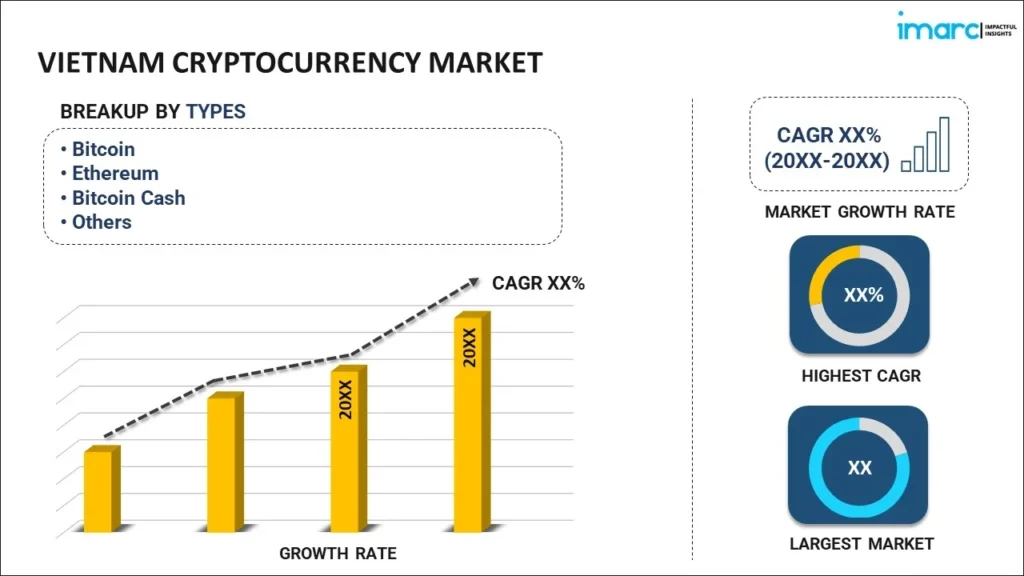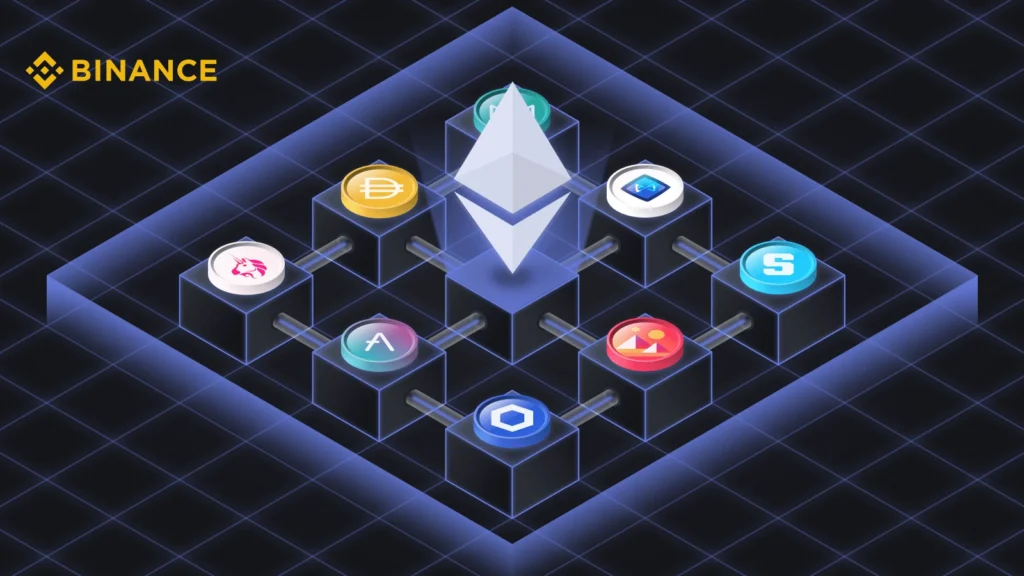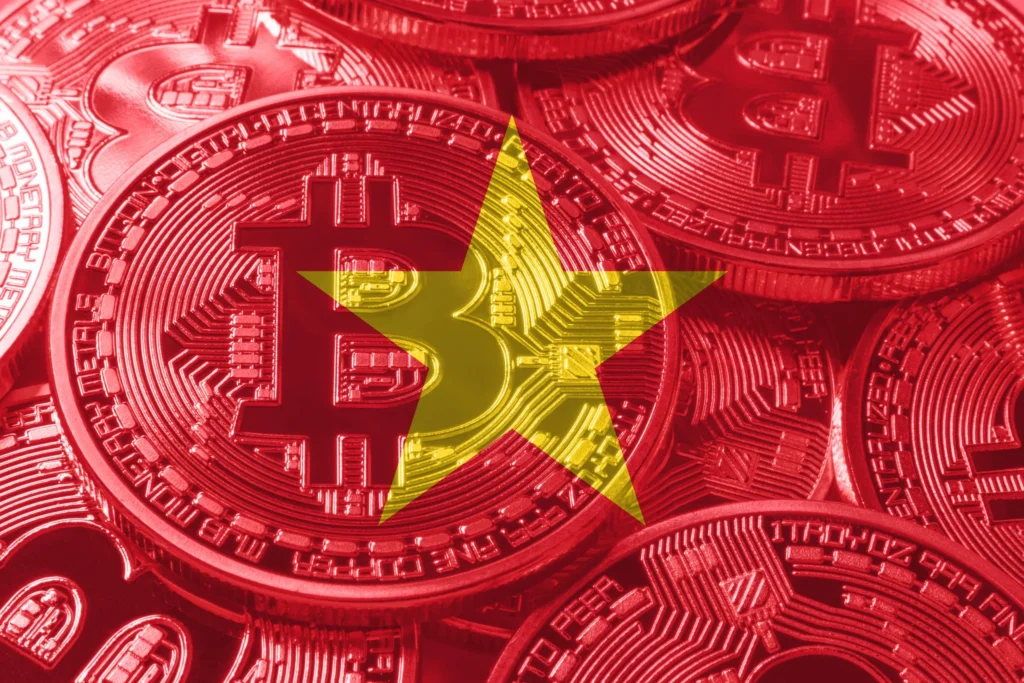As Vietnam emerges as a major player in global crypto adoption, the debate around ETH vs BTC takes on new relevance. Bitcoin is still seen as a symbol of security and digital independence — but Ethereum is quietly laying the groundwork for broader use.
So what if Ethereum doesn’t just catch up to Bitcoin in Vietnam — but surpasses it? What would that mean for traders, developers, and the future of digital finance in the country? Here’s a closer look at that speculative scenario.
What If Ethereum Growth Outpaces Bitcoin’s Popularity in Vietnam?
Imagine a near-future Vietnam where Ethereum becomes the dominant name in crypto conversations. It’s not unrealistic. Local developers are already building on the Ethereum Virtual Machine (EVM), experimenting with smart contracts, and launching DeFi tools aimed at Vietnamese users.
In this world, Ethereum growth is no longer niche — it’s a mainstream force. Investors shift more capital toward ETH-based projects. NFT platforms, tokenized real estate models, and blockchain gaming all flourish in Vietnamese cities. Even local fintech companies begin integrating Ethereum-powered identity or microloan systems.
The effect? Bitcoin begins to feel more like a digital relic — valuable, but static. Ethereum, in contrast, drives movement.
What If Regulation Favors Ethereum Utility in ETH vs BTC?
Vietnam’s current regulatory stance is cautiously open — crypto isn’t banned, but it’s not fully legalized either. Now picture a scenario where regulation evolves to support blockchain applications, not just digital assets.
Under this model, Ethereum — with its smart contracts and programmable functions — would fit more naturally into legal and enterprise frameworks. Bitcoin, designed as a monetary system without layers, might find itself less compatible with evolving fintech needs.
This policy tilt could accelerate Ethereum investment in Vietnam, giving it legitimacy not just as a tradeable token but as digital infrastructure. Banks, startups, even government pilots could tap Ethereum-based platforms for testing secure, decentralized solutions.
What If Vietnamese Traders Prefer Utility Over Store-of-Value?

Credit from IMARC Group
So far, Vietnamese investors have shown strong engagement with both BTC and ETH. But a shift in mindset could tilt the balance. Imagine a wave of traders — especially younger ones — prioritizing blockchain projects they can interact with, not just hold.
Ethereum’s flexibility makes it ideal for this kind of participatory investment. From yield farming and DAOs to NFT staking and Layer 2 swaps, ETH lets users do something with their holdings. For Vietnam’s mobile-first, community-driven investor class, this utility could prove more compelling than Bitcoin’s simplicity.
This change would redefine what “value” means. Instead of just storing wealth, investors would look to activate it — a major factor behind Ethereum growth potential in Vietnam.
What If Ethereum’s Global Evolution Impacts Vietnam Locally?

Credit from Binance
Global momentum matters. Ethereum’s roadmap — with upgrades like sharding, rollups, and increasing developer support — may shape the pace of its adoption in Vietnam.
If global Ethereum-based systems (e.g., decentralized identity, cross-border settlement, blockchain education credentials) become standard, Vietnam may follow suit — not out of hype, but necessity.
This would make Crypto trends in Vietnam: ETH vs BTC less about individual coins and more about ecosystems. Ethereum’s growth becomes self-reinforcing, supported by global tools and integrations.
What If Bitcoin Becomes Less Relevant to Local Builders?

Credit from Freeman Law
In a country with a booming startup scene and a growing number of blockchain incubators, developer preference matters. What if builders in Vietnam largely abandon Bitcoin due to its limited functionality?
Currently, few build directly on Bitcoin’s base layer. In contrast, Ethereum offers endless playgrounds for developers. The shift would likely reduce local BTC relevance — even if it retains some role as a digital asset.
The long-term result? An ecosystem that leans heavily toward Ethereum’s tech stack, shaping the future of Ethereum investment in Vietnam far beyond short-term trading patterns.
Conclusion: ETH vs BTC — What If the Future Favors Ethereum?
In this speculative scenario, ETH vs BTC is no longer a rivalry — it’s a transition. Ethereum’s functionality, community momentum, and alignment with Vietnam’s tech-forward economy create the perfect storm for widespread adoption.
Bitcoin won’t vanish. It will likely retain its role as a digital store of value, perhaps akin to gold. But Ethereum could lead — not just in price charts, but in how blockchain reshapes daily life in Vietnam.
Whether or not this future unfolds as imagined, one thing is already clear: Ethereum growth is no longer just global news. It’s becoming part of the local story.





